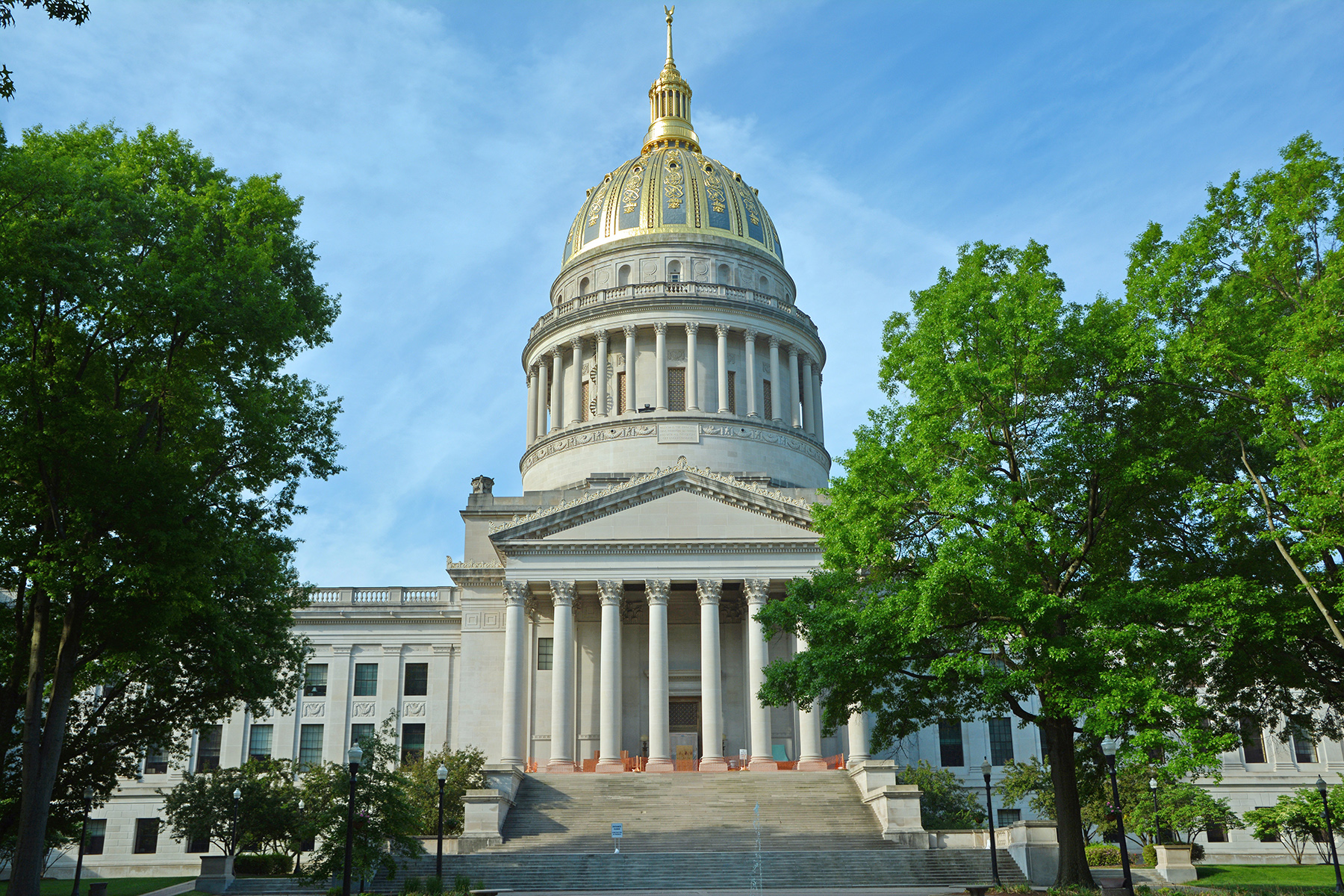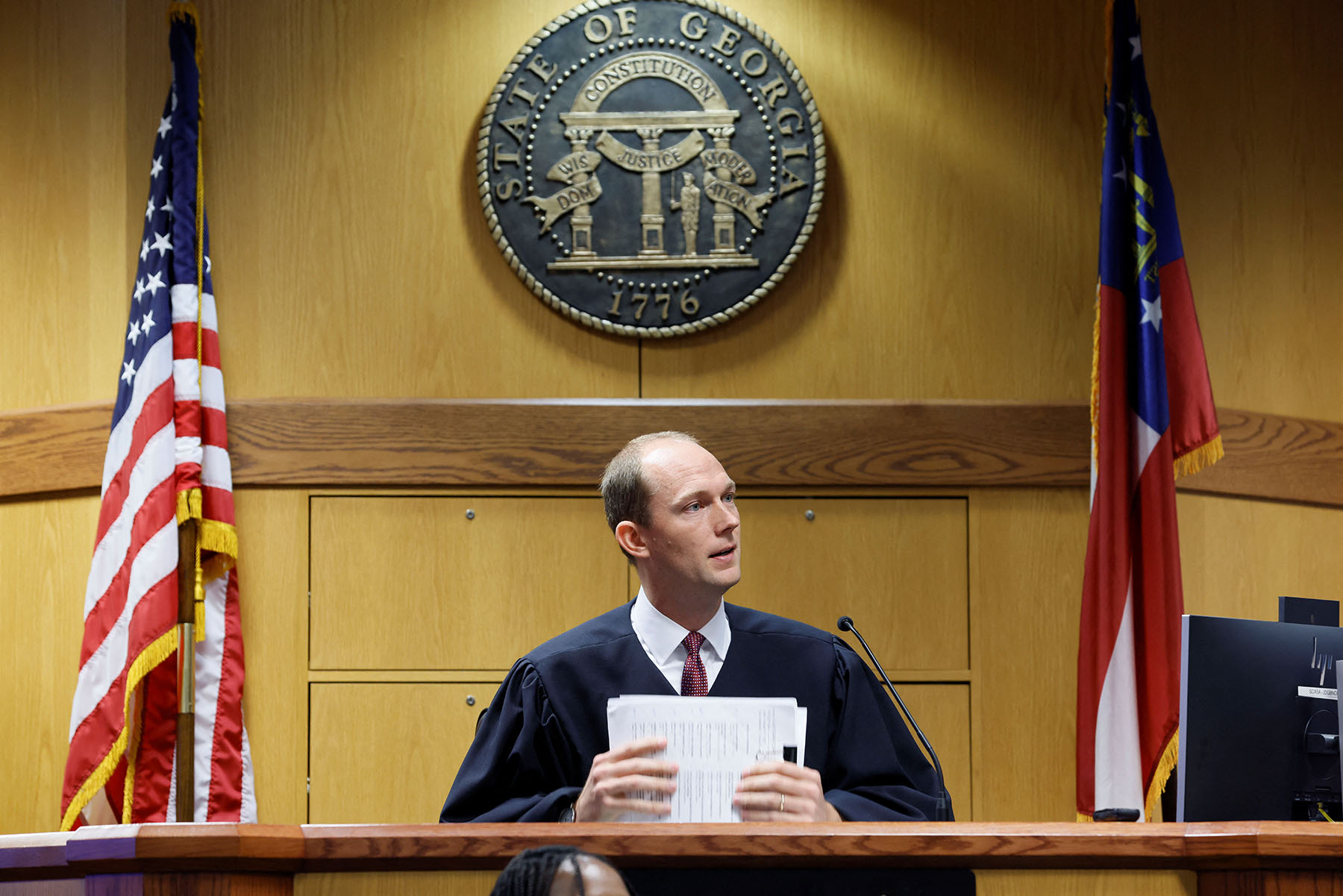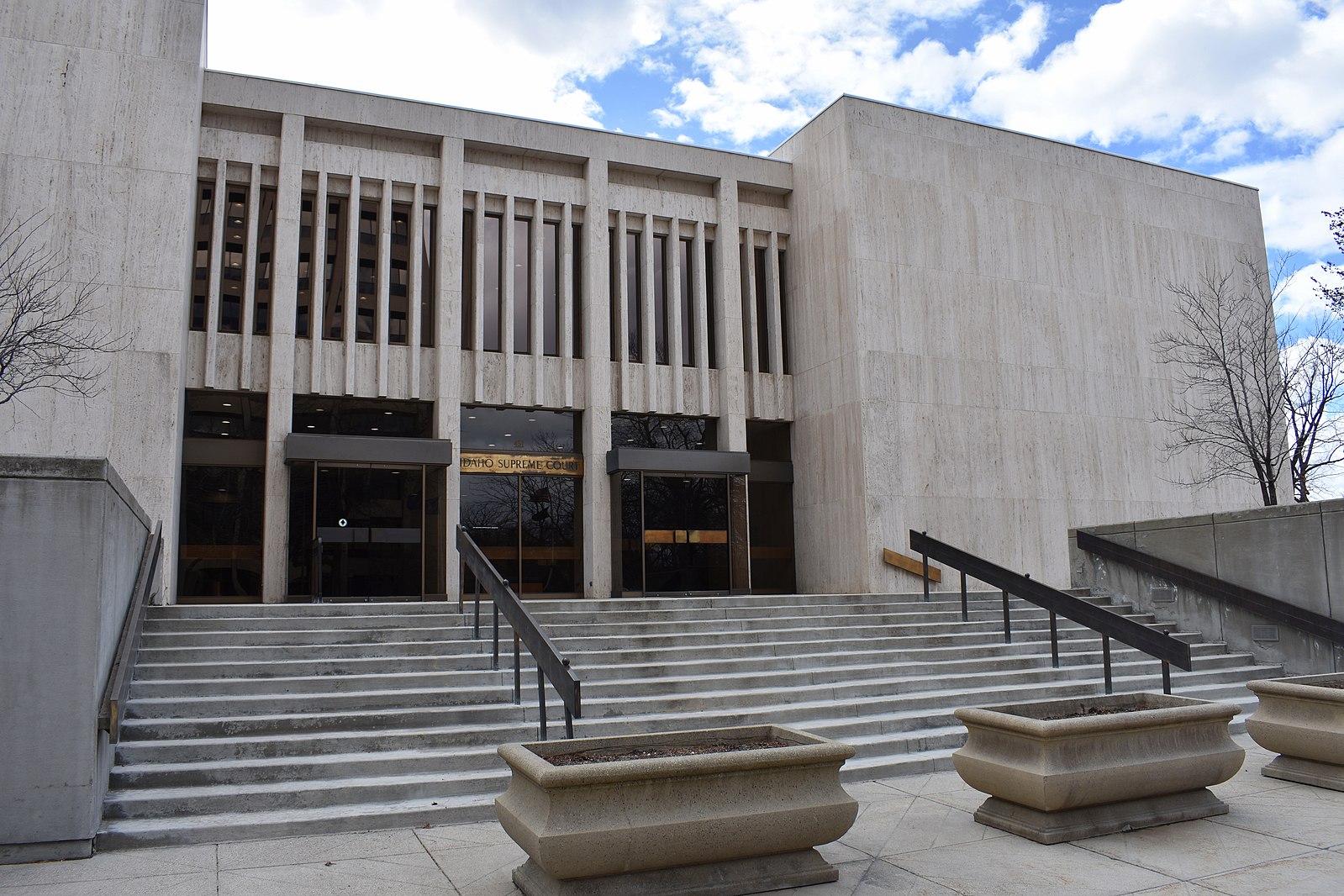The Man Accused of Killing Charlie Kirk Appears in Court for 1st Time as a Judge Weighs Media Access
A coalition of national and local news organizations, including The Associated Press, is fighting to preserve media access in the case.
An Idaho Judge Has Lifted a Sweeping Gag Order in Bryan Kohberger’s Quadruple Murder Case
Fourth District Judge Steven Hippler agreed that lifting the gag order would protect the First Amendment rights of the public and press.
Judge Tells Attorneys To Stop Being So Secretive in Bryan Kohberger’s Quadruple Murder Case
“This runs counter to the public’s First Amendment rights to know what is going on in its courts,” the judge wrote.
Court Sides With West Virginia TV Station Over Records on Top Official’s Firing
Lawyers argued releasing the termination letter constituted an invasion of privacy and that it was protected from public disclosure under an exemption to open records law.
Iowa Agrees To Speed up Access to Civil Court Cases as Part of Lawsuit Settlement
The state of Iowa will provide “contemporaneous” access to newly filed civil court cases to settle a lawsuit that accused the state of delaying access to those filings.
Lawyer Says He Released Videos in Georgia’s 2020 Election Interference Case
The videos were part of evidence, known as discovery, that had been provided to all of the defendants and their attorneys. But they were not publicly available.
Courthouse News Sues Idaho Court, Pushes for Same-day Access to Court Documents
Courthouse News Service, a national news publication that reports on state and federal level legal proceedings, is suing an Idaho court administrator for refusing to provide reporters with same-day access to legal proceedings.
Fourth Circuit Revives Court Access Lawsuit in Maryland
The Fourth Circuit just revived a lawsuit challenging a Maryland statute that prohibits individuals from broadcasting courtroom audio transcripts. Says "lawfully obtained recordings cannot constitutionally be punished ‘absent a need to further a state interest of the highest order.'"







